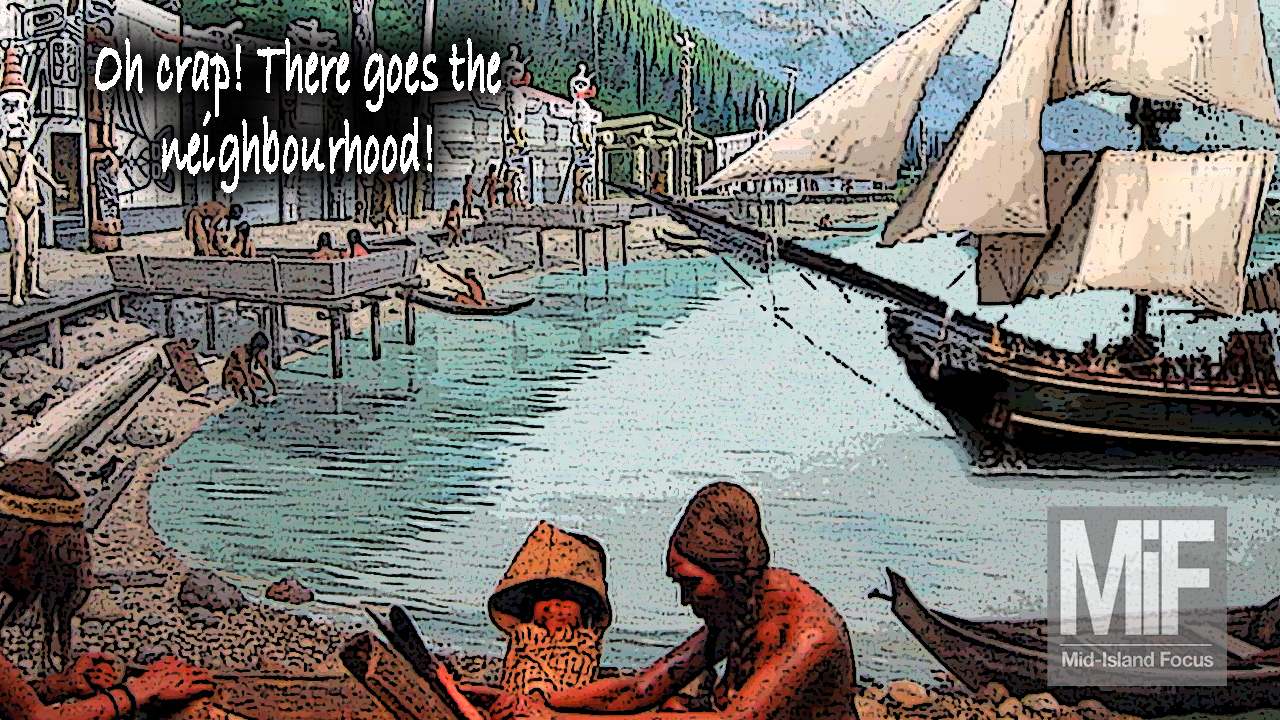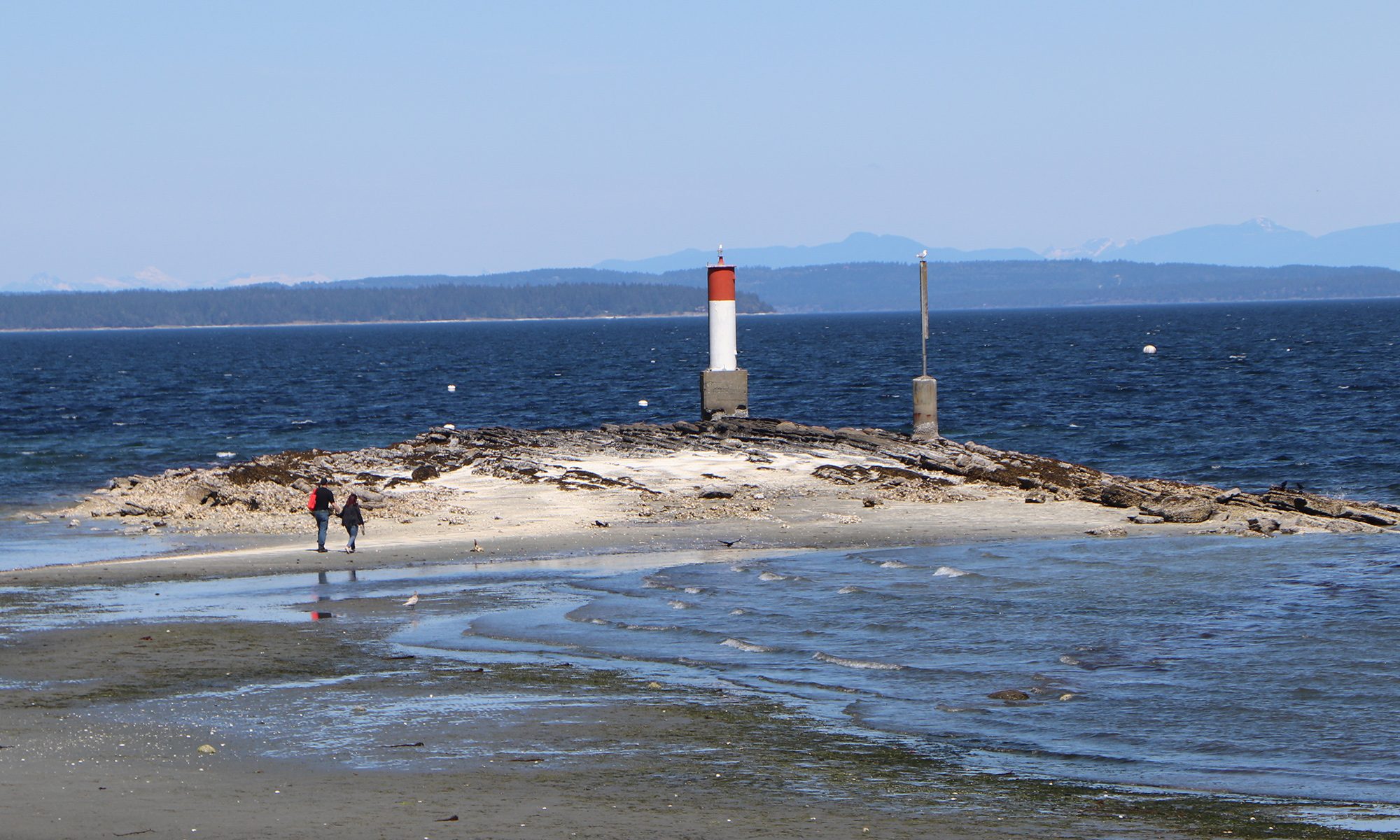
Citizen X is Mid-Island Focus’s survey of issues heading into the Oct. 21 Canadian Federal Election. MiF is providing background and asking questions a typical voter might ask.
As long as reconciliation is just something we read about in the news or watch on TV – and we’ve been doing that way too long – we are not going to achieve the goals set out in the 94 calls to action contained in the Dec. 15, 2015 Truth And Reconciliation Commission report.
Reconciliation is a national priority which, more than any other, has to be taken personally, because if we don’t personally commit to addressing the consequences of a genocide that occurred within living memory, and the ongoing effects of continuing colonialism, we have to accept the blame that is our national heritage.

Are those harsh words? Not nearly so harsh as the reality lived by hundreds of thousands of First Nations people in Canada, be it on their traditional lands, or in the cities that have been built on their traditional lands.
Most of us would agree now that European ‘discovery’ and settlement of North America wasn’t the expansion of a progressive civilization into unoccupied, unproductive lands; it was an invasion of territories that had been inhabited and adroitly lived on by indigenous peoples for thousands of years. In BC the onslaught commenced in earnest less than 200 years ago – that’s in the space of three lifetimes.
We have to know where, on the spectrum, our political representatives stand when it comes to truth and reconciliation. Do they believe we, as a nation, have an obligation to assist First Nations rebuilding their communities and economies in the 21st Century, based on the strengths of evolving and adapting indigenous cultures?
Do our political representatives agree that: the appropriation of First Nations lands; the sequestering of hunting and gathering peoples onto reserves; the decimation of First Nations populations by European diseases; the denial of First Nations citizens of their democratic rights; the outlawing of First Nations cultural practices; the attempted genocide of the residential schools system… and so on, confer an obligation on the nation?
Again, most would go at least that far. But reconciliation isn’t only about deal-making. That’s just a start. It’s about healing, too. And that’s where things get personal. Friendship isn’t something proclaimed in an official document; it’s a feeling of mutual respect, curiosity, trust and concern shared face to face. Until we can look one another in the eye, and see relationships that go way beyond anything you could put into a contract, reconciliation will not be fully achieved.
So:
- What efforts will your party, and you personally, be making in response to the 94 calls to action contained in the Truth and Reconciliation Commission’s 2015 report?

